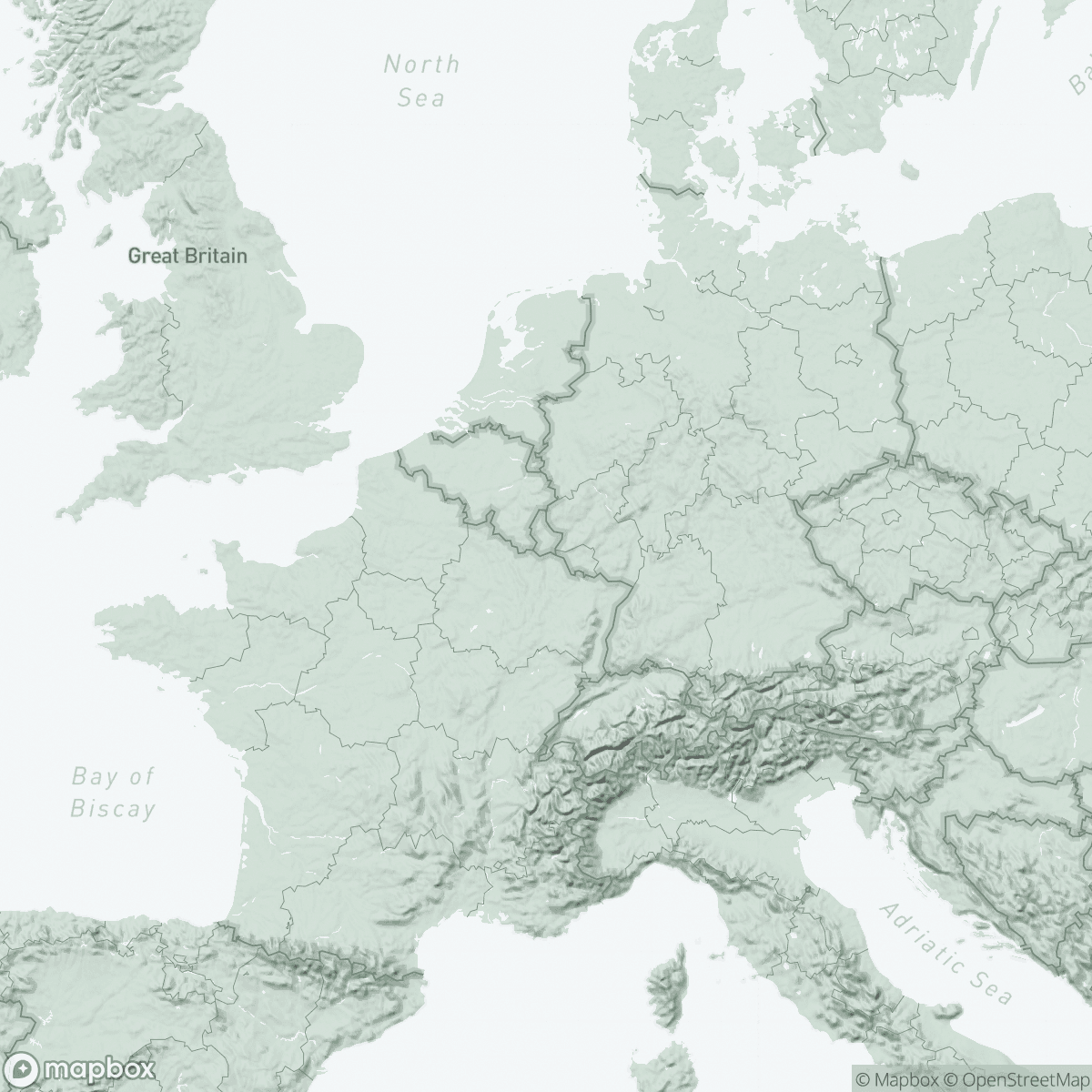
Promoting Patient Recovery after Traumatic Injuries in Humanitarian Settings: New Guidance and E-Learning Available for Health Professionals
In 1 click, help us spread this information :
The AIM-T is an innovative tool guiding patient rehabilitation, scientifically validated through a research partnership among MSF and different humanitarian and academic partners
In 2011, Bérangère Gohy, physiotherapist at Humanity and Inclusion (HI), started supporting Médecins Sans Frontières’ (MSF) medical team in the trauma center in Kunduz, Afghanistan. She was soon confronted with the difficulties of running physiotherapy sessions in a humanitarian setting, where the priority necessarily lies on providing urgent care to patients in critical situations. The lack of specific guidance to facilitate the uptake of physiotherapy in such contexts led her team to develop the Activity Independence Monitoring Tool (AIM-T), recommending a set of activities engaging different parts of the body to be performed by patients under the supervision of a physiotherapist or other trained healthcare professional. These activities are intended to regain mobility of different parts of the body after trauma and they are associated with a scoring system to assess patients’ level of independence in performing them. The tool was implemented by MSF and HI in more projects across different contexts, such as the MSF trauma centres of Arche (Burundi), Tabarre (Haiti) and Aden (Yemen), and the MSF Baghdad Medical Rehabilitation Centre (Iraq).
In parallel to implementation, its validity and contextual appropriateness were tested through a research partnership among the two organizations, LuxOR (MSF Luxembourg Operational Research Unit), Karolinska Institutet and Elhra.
This research project allowed altogether to:
- have a measure of independence (i.e, the AIM-T) judged adequate across different humanitarian settings, and with supported validity and reliability with patients after injury;
- highlight the difficulties experienced by patients after injury across diverse aspects of functioning, and to identify factors associated with recovery, including early physiotherapy.
- Find out more about the project here: Recovery of functioning after injury in humanitarian settings | HI
Importantly, an active effort to ensure that research results are operationally applicable for health workers and humanitarian professionals has been integral since the inception of the research project.

Assouman Ncamugwanko, patient in MSF “L’Arche de Kigobe” trauma center
Alongside the tool, implementation guidelines for health professionals have been developed in three languages: English, French, and Arabic. To facilitate the adoption of these guidelines, a free-of-charge e-learning course has recently been launched, tailored for physiotherapists and any healthcare professional working with patients following injury. The course is currently accessible in Englishand in French will soon be available in Arabic.
To receive details on the forthcoming course in Arabic, register your interest by filling this form. You can also use this form to ask general questions about the AIM-T.

